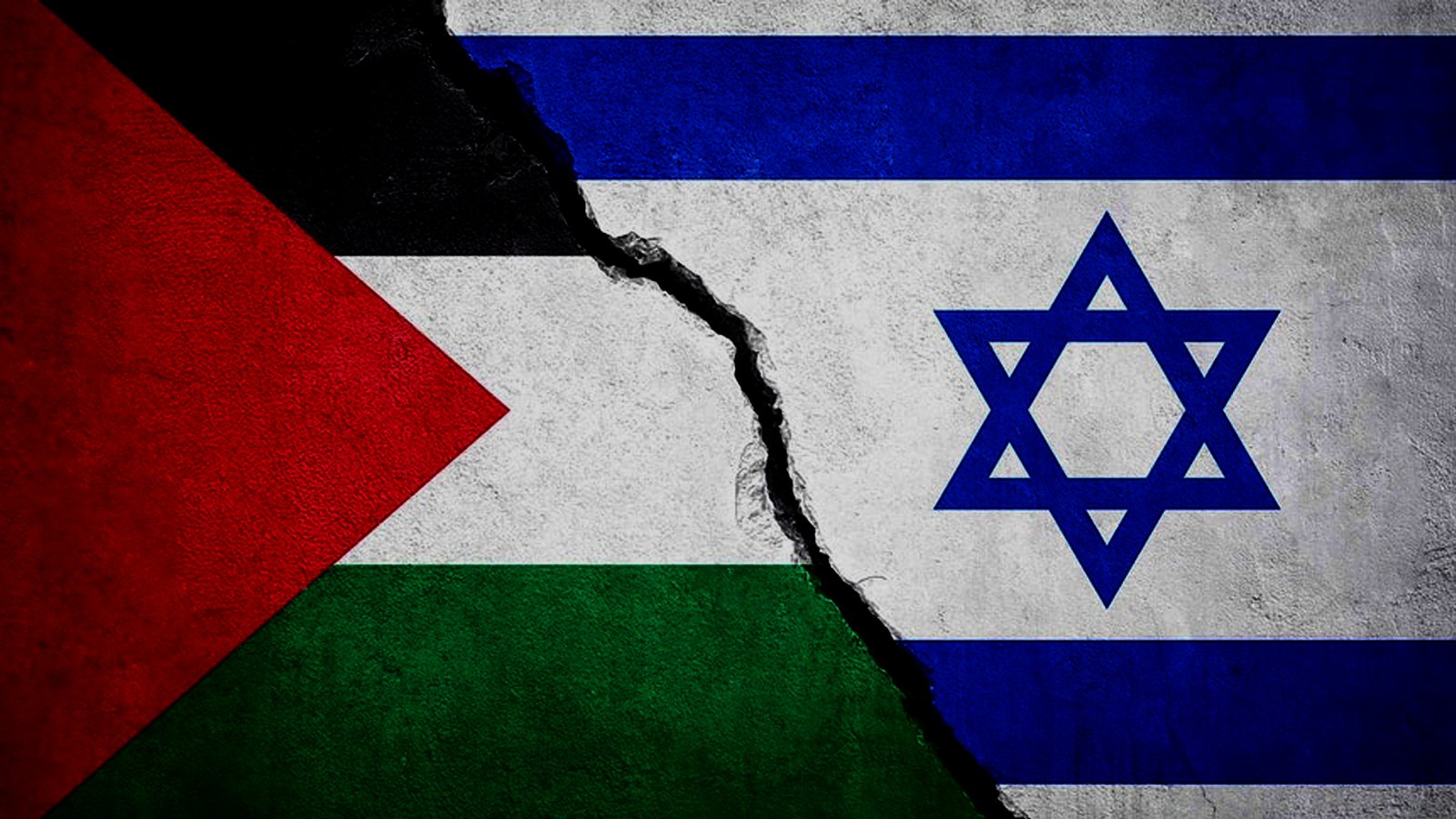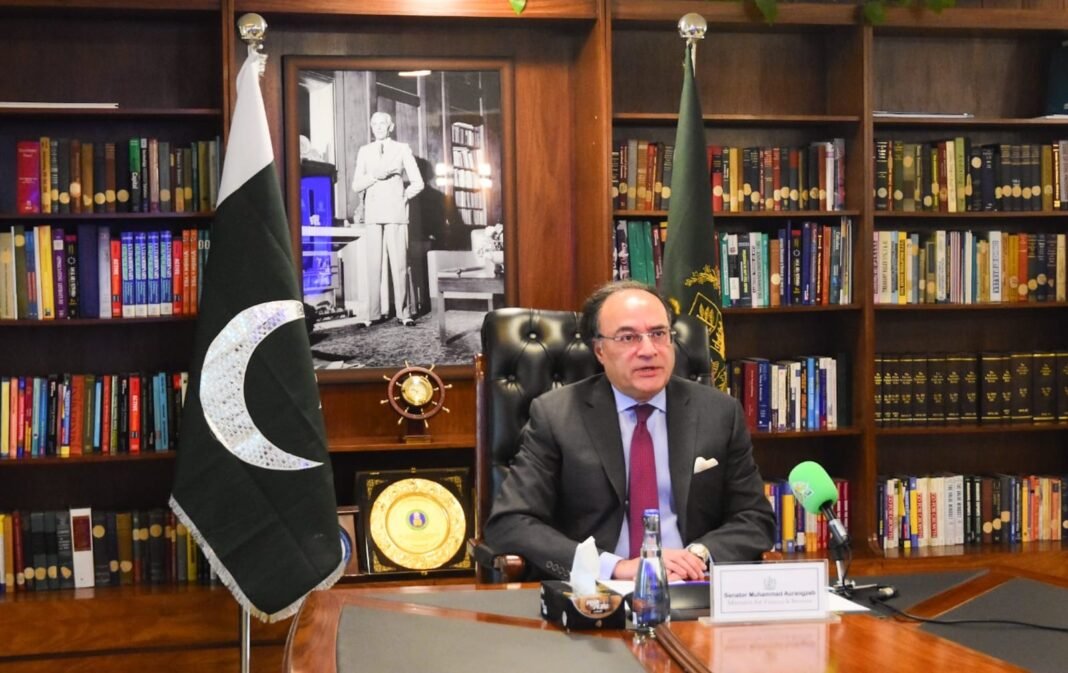The protracted Palestine – Israel conflict remains one of the most heartbreaking and complex crises of our time. The ages of occupation, recurring wars and humanitarian catastrophes have left deep scars not only on the people of the region but also on the morality of the international community. The recent escalation that began with Hamas’s attack and Israel’s succeeding large-scale military response has pushed Gaza into one of the worst humanitarian disasters in modern history.
While we have seen that the world continues to debate blame and borders, the fundamental truth remains undebatable that is the innocent civilians – women, children and elderly are paying the highest price. The international community remain silent, coupled with the UN’s apparent paralysis, has amplified hopelessness. Once again, the world is witnessing the devastation of Gaza with limited concrete action to stop it.
It is essential to acknowledge the complexity of this crisis. Hamas’s decision to launch attacks that triggered the latest round of violence cannot be justified; violence that targets civilians undermines the legitimate cause of Palestine self-determination. However, Israel’s reaction has been disproportionate by every humanitarian standard. The relentless bombings, the siege of Gaza and the resulting civilian casualties have crossed the boundaries of International Law, amounting to the collective punishment and increasingly going towards genocide.
The global community’s muted response especially the failure of the UN Security Council to act decisively has further weakened faith in the multilateral system. The tragedy of Gaza highlights how international norms can be selectively applied, depending on political convenience. The current situation demands not only condemnation but a practical mechanism for stabilization. We can see the relevant examples from our history. In Afghanistan, the International Security Assistance Force (ISAF) was created under UN mandate to help restore stability after years of war.
Despite its challenges, ISAF showed how multinational cooperation anchored in an international mandate that can assist in rebuilding war-torn societies, supporting governance and preventing chaos. Similarly, NATO’s intervention in Bosnia during the 1990s demonstrated that an international force, backed by clear objectives and international legitimacy, can bring an end to the ethnic conflict and genocide. The NATO-led Implementation Force (IFOR) and then later the Stabilization Force (SFOR) helped enforce the Dayton Peace Agreement, ultimately paving the way for long-term stability in the Balkans.
These models however are not that perfect but offer a valuable lesson for the Gaza. The peacekeeping is not merely about troops and mandate, it is about trust, legitimacy and moral clarity. In this context, the idea of establishing an International Stabilization Force (ISF) for Gaza has gained renewed attention. The proposed ISF could function as neutral. The internationally recognized mission that should focused on three objectives: ensuring security, facilitating humanitarian relief and supporting reconstruction. Among the nations considered for participation, Pakistan’s potential role stands out prominently.
Over the past seven decades, Pakistan has been among the leading contributors to UN peacekeeping missions, earning global respect for its professionalism, discipline and impartiality. Pakistani peacekeepers have served in some of the most volatile regions like Cambodia, Congo, Sierra Leone, Sudan and Liberia demonstrating resilience and empathy in protecting civilians. If Pakistan joins a UN or internationally sanctioned force alongside other Muslim countries such as Turkey, Saudia Arabia, Qatar, Jordan, UAE, Indonesia and Egypt, with logistical and political support from the U.S. and the coordination with global institution, it could mark a turning point in the Gaza crisis.
Together, these nations could propose a comprehensive 20 – point peace framework aimed at: Ensuring immediate ceasefire and cessation of hostilities Facilitating the humanitarian corridors Guaranteeing the safe return of displaced Palestinians Initiating a monitored path toward reconstruction and political dialogue Such a plan would only succeed if it is accepted by both parties Palestine and Isreal, which could be implemented through a neutral force trusted for its professionalism rather than its politics.
Pakistan has historically remained at the forefront of international efforts supporting Palestine rights. From active participation in UN, OIC and ICJ deliberations to advocating the two-state solution based on pre-1967 borders, Pakistan’s stance has been both principled and consistent. Islamabad has reportedly emphasized that peace in the Middle East cannot be achieved without the establishment of an independent, sovereign and viable State of Palestine, with Al-Qudus Al-Sharif (Jerusalem) as its capital. Furthermore, Pakistan has been among the eight key Muslim nations that endorsed the Gaza Peace Plan – an initiative aimed at halting genocide and building a roadmap for peace.
The plan emphasizes that security in Gaza should not rely on occupying forces but on a neutral, internationally recognized contingent capable of maintain order, assisting reconstruction and ensuring humanitarian protection. For Pakistan its participation in an International Stabilization Force would not only be a diplomatic gesture, it would be a continuation of its longstanding service to global peace. Pakistan and Bangladesh forces which are known for their competence and discipline under the UN flag, have earned the trust of the host nations worldwide.
Deploying such forces in Gaza, alongside the parties from other Muslim and neutral countries, would provide the mission both credibility and operational effectiveness. Moreover, such participation aligns with Pakistan’s core foreign policy principle that is to support the oppressed and commitment to International Justice. Contributing to a force that restores peace in Gaza would be both a moral obligation and a national honor. It would reaffirm Pakistan’s identity as a responsible global actor and steadfast ally of the Palestinian people.
Helping the people of Gaza is not only a diplomatic or humanitarian duty, it is an act of faith and conscience. Assisting the oppressed and defending their rights transcends political lines; it is among the highest forms of service to humanity. If an International Stabilization Force (ISF) endorsed by the UN and accepted by both sides come into being, it could serve as the foundation for a new era of peace in the Middle East.
For Turkey, Saudia Arabia, Qatar, Pakistan, Malaysia, Egypt, UAE, Jordan and Indonesia, joining such a mission would symbolize unity, compassion and responsibility. The Gaza crisis is a test not only for international diplomacy but of collective moral courage. The time for statement gas passed; now the time for action has come.


